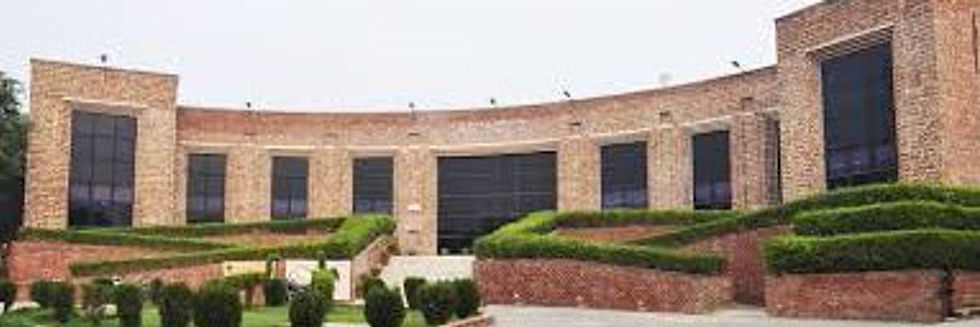JNU Teachers Association Alleges Governance Crisis, Decline in SC-ST Representation, and Faculty Recruitment Irregularities
- Kamaleesh Don
- Oct 13, 2025
- 3 min read
The Jawaharlal Nehru University Teachers’ Association (JNUTA) has raised serious concerns about the state of governance and academic integrity at Jawaharlal Nehru University (JNU), one of India’s most prominent higher education institutions. In a newly released report titled “JNU: The State of the University”, the association highlighted what it described as a deepening governance crisis, a steep decline in the representation of Scheduled Caste (SC) and Scheduled Tribe (ST) students, and persistent irregularities in faculty recruitment.
According to the JNUTA report, over the past decade, JNU has undergone a profound transformation — one that, in the association’s view, has weakened the university’s long-standing traditions of academic freedom, inclusivity, and participatory decision-making. The report asserts that the university has shifted away from its collective academic ethos toward what it terms a “vice chancellor-centric” model of functioning.

“In the last decade, the terms ‘governance’ and ‘leadership’ have been turned on their heads to acquire rather ominous meanings. From being a ‘public’ institution in which the quest for knowledge thrives, the university has been steadily pushed toward becoming an expression of the vice chancellor’s persona,” the JNUTA report stated.
Concerns Over Governance and Transparency
The teachers’ body alleged that decision-making within the university has become increasingly centralized, with many key academic and administrative processes now subject to unilateral decisions by the vice chancellor’s office. Such a shift, according to the report, has eroded institutional autonomy and undermined the democratic functioning that once characterized JNU.
The report further claimed that crucial statutory bodies such as the Academic Council and Executive Council are not being adequately consulted or empowered in matters related to policy decisions, course structures, and faculty appointments. These trends, the JNUTA argues, have led to a decline in transparency and accountability in the university’s functioning.
Falling SC-ST Student Representation
One of the most serious allegations made by the association concerns the declining number of students from Scheduled Castes (SC) and Scheduled Tribes (ST) admitted to the university. The report points out that over the past decade, the proportion of students from these marginalized communities has dropped sharply across several schools and centres.
This, the JNUTA contends, reflects a systemic issue in the university’s admission processes, despite constitutional and policy mandates promoting social justice and equitable representation in public institutions. The teachers’ body called for an urgent review of admission policies and a transparent mechanism to ensure that reservations are implemented effectively and fairly.
Irregularities in Faculty Recruitment
The report also flagged what it termed “persistent irregularities” in faculty recruitment. It alleged that several appointments have been made without due process, proper advertisement, or adherence to the university’s established norms. Such practices, according to the JNUTA, have compromised academic standards and denied deserving candidates — particularly those from marginalized categories — fair opportunities.
The association emphasized that academic excellence cannot thrive without transparency, inclusivity, and adherence to due process. “When the processes of recruitment and promotion lose credibility, it not only affects the morale of the teaching community but also impacts the quality of education imparted to students,” the report said.
A Shift Away from JNU’s Academic Ethos
Founded in 1969, JNU has long been regarded as a premier institution known for its culture of debate, critical inquiry, and social inclusivity. The JNUTA’s report, however, suggests that the university’s original spirit has been steadily eroded. It argues that the excessive centralization of power within the vice chancellor’s office has created an environment where academic voices are stifled and dissent is discouraged.
The report underscores that universities must serve as spaces where academic freedom, democratic governance, and equal access coexist. The association called on the Ministry of Education and the University Grants Commission (UGC) to take cognizance of these issues and to initiate an independent review of JNU’s governance structures and recruitment practices.
No Immediate Response from the University
As of now, there has been no official response from the JNU administration regarding the allegations made in the JNUTA report. Calls and emails to the university’s public relations office went unanswered at the time of reporting.
Broader Implications for Indian Higher Education
The JNUTA’s concerns echo broader debates surrounding higher education governance in India, where questions of autonomy, inclusivity, and political influence continue to shape institutional functioning. Education experts argue that maintaining transparency, academic freedom, and social justice are essential if universities are to fulfill their mandate as public institutions serving a diverse democracy.



Comments